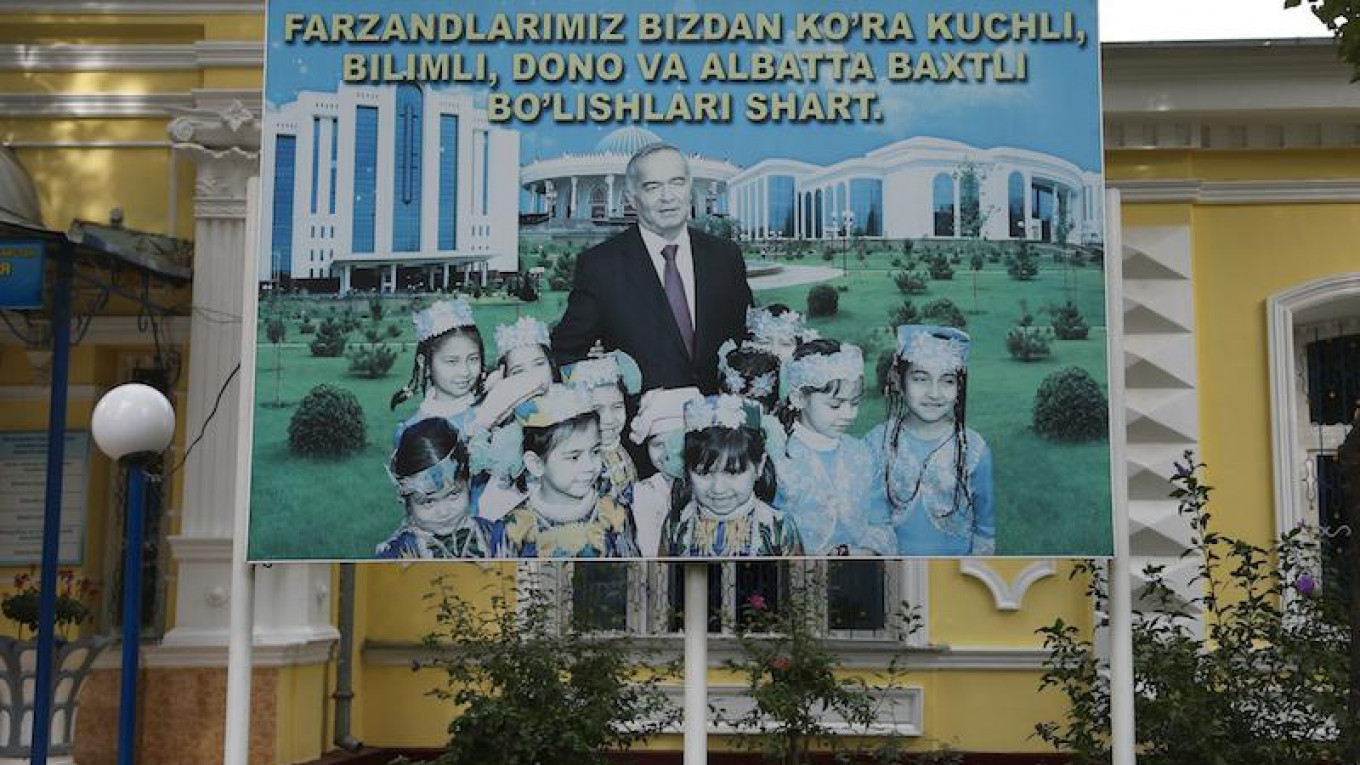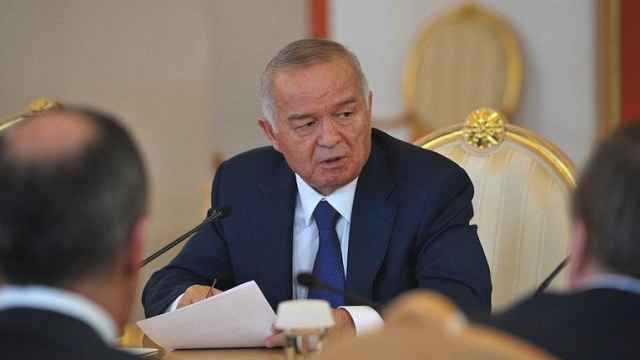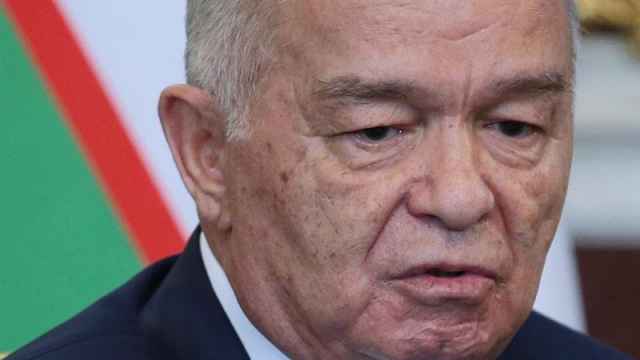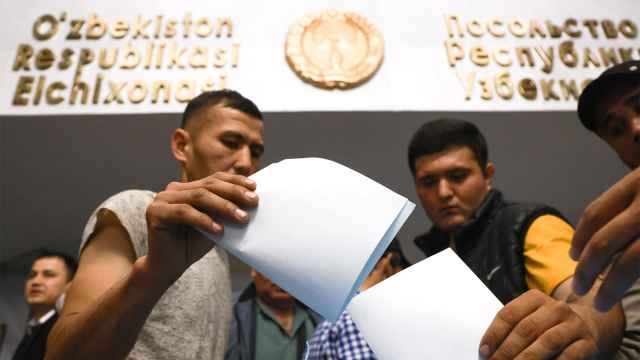While the Uzbek government said Friday that President Islam Karimov is in a “critical” condition, the Reuters news agency reported that the president had died.
“It is with great sadness in our hearts we inform you that in
recent days our president’s condition has dramatically worsened,
and according to doctors, it is considered critical,” the Uzbek government statement said, the RIA Novosti news agency reported.
On Friday, the Reuters news agency confirmed Karimov's death, citing three diplomatic sources.
There has been much speculation surrounding the long-serving strongman’s condition since the country’s Fergana news website reported his death on Monday, citing unnamed sources. This announcement followed media reports about Karimov's hospitalization having suffered a brain hemorrhage.
In the cemetery in Karimov’s hometown of Samarkand — where his
brothers and mother are buried — preparations for the president’s
funeral are underway and Karimov’s body had already been flown to
Samarkand from the Uzbek capital of Tashkent, Fergana reported
Thursday.
Cleaning work has been “urgently” taking place in central
Samarkand, Reuters reported Thursday, citing a source
close to the matter who said similar mobilizations of public workers
usually take place before visits by foreign dignitaries.
Karimov’s death will be officially announced Sept. 2, with his
funeral taking place the next day, according to Fergana. Uzbek Prime
Minister Shavkat Mirziyayev, tipped by many to be Karimov’s
successor, has already arrived in Samarkand ahead of the funeral,
Fergana reported.
Senior Uzbek officials did not attend celebrations marking
Uzbekistan’s 25th Independence Day on Thursday. A concert and
fireworks display were cancelled, Reuters reported.
A Message from The Moscow Times:
Dear readers,
We are facing unprecedented challenges. Russia's Prosecutor General's Office has designated The Moscow Times as an "undesirable" organization, criminalizing our work and putting our staff at risk of prosecution. This follows our earlier unjust labeling as a "foreign agent."
These actions are direct attempts to silence independent journalism in Russia. The authorities claim our work "discredits the decisions of the Russian leadership." We see things differently: we strive to provide accurate, unbiased reporting on Russia.
We, the journalists of The Moscow Times, refuse to be silenced. But to continue our work, we need your help.
Your support, no matter how small, makes a world of difference. If you can, please support us monthly starting from just $2. It's quick to set up, and every contribution makes a significant impact.
By supporting The Moscow Times, you're defending open, independent journalism in the face of repression. Thank you for standing with us.
Remind me later.






